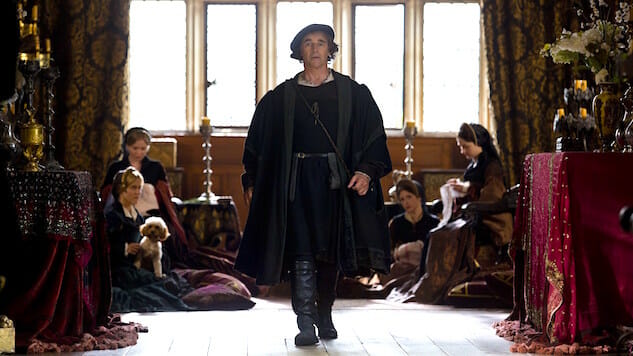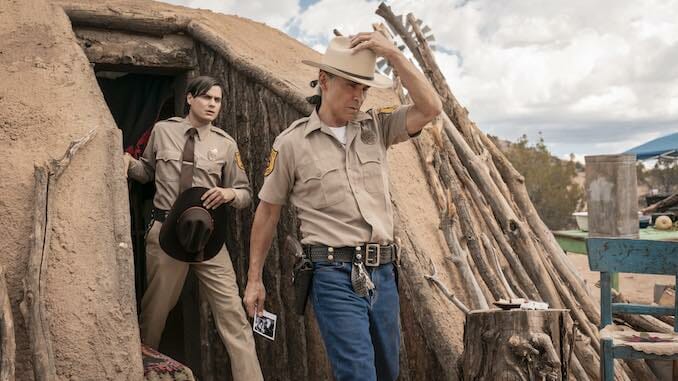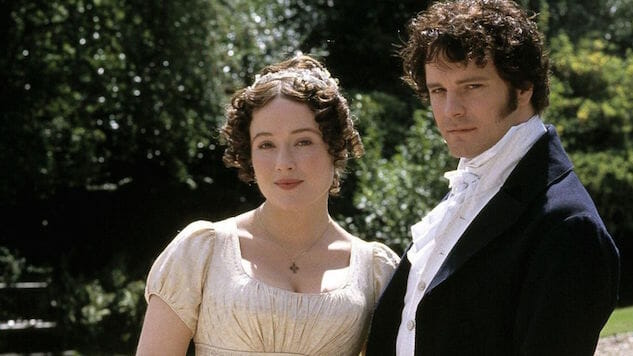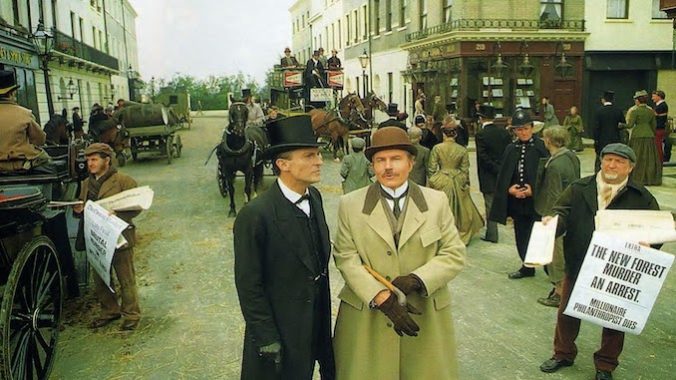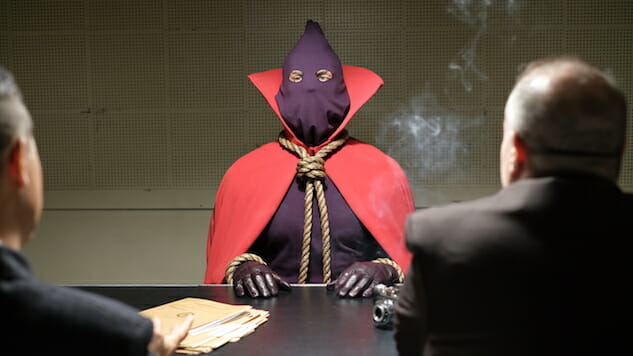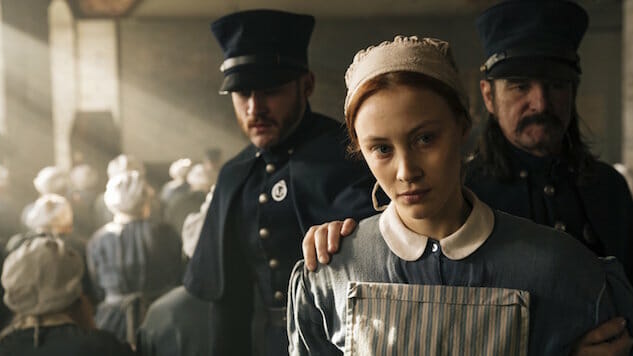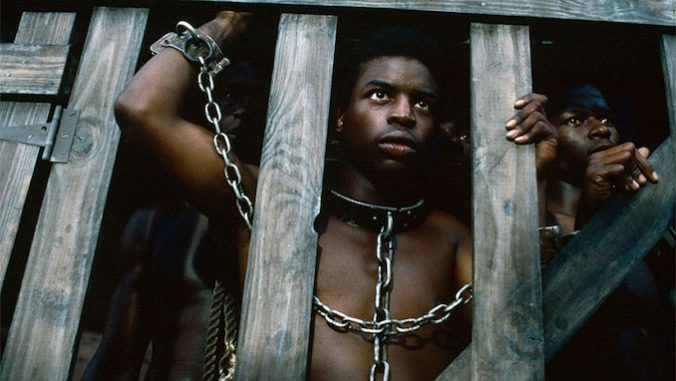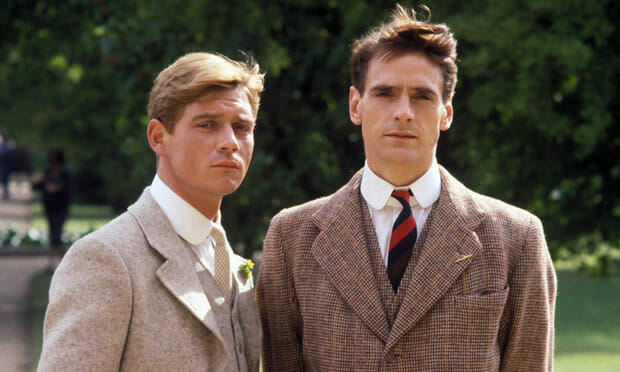The 10 Best Book to TV Show Adaptations
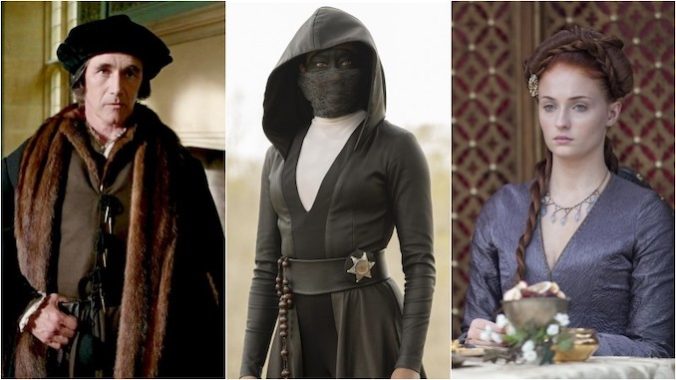
The 2010s may very well be remembered as the era of book-to-TV adaptations. “Peak TV” or “Prestige TV” has used literature of all stripes as part of its goal of gaining credibility with critics and discerning audiences. However, the phenomenon is not strictly one that coincided with the streaming era; it just rode the wave. Some of the best literary adaptations to make it to the small screen practically pre-date cable.
However, the major shift in shows that draw their story from the bookshelves is that it’s not all classics written by authors a century past. Sure, there have been adaptations of Tom Jones (1749), Great Expectations (1861), and Howard’s End (1910) in the last decade. But novels that once would never dream of getting a lush, big-budget TV version made are also on the list, including Bridgerton, Orange is the New Black, and The Handmaid’s Tale.
Here’s a rundown of some of the best adaptations ever to grace the small screen to watch (or re-watch) this summer.
![]()
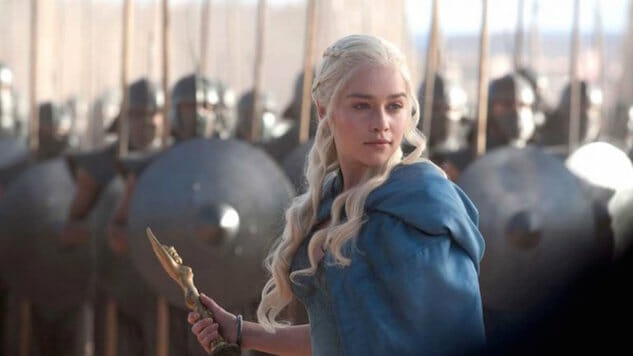
Game of Thrones (Seasons 1-4)
Based on: George R.R. Martin’s A Song of Ice and Fire series
The recent major wave of book-to-TV adaptations is a direct result of the success of Game of Thrones. Without HBO taking a chance on filming a series literally written as to be unfilmable, there would be no Outlander, no His Dark Materials, and no forthcoming Harry Potter TV series. Not only was HBO’s gamble smart, but it changed the way people thought about on screen fantasy, and its super faithful rendering of the story’s intricacies made producers more open-minded about the types of stories audiences would watch.
Though the show ran off the rails when it ran out of books to use as source material, and its final season will most likely be used as a cautionary tale in filmmaking classes for generations to come, those first four seasons were superb in capturing the world of Martin’s novels on screen. An entire continent rose, stretching from Beyond the Wall to Dorne and across the Narrow Sea to the Free Cities of Braavos. Dragons were no longer imagined, they were real beasts to be mourned as much as the human characters when they inevitably died.
![]()
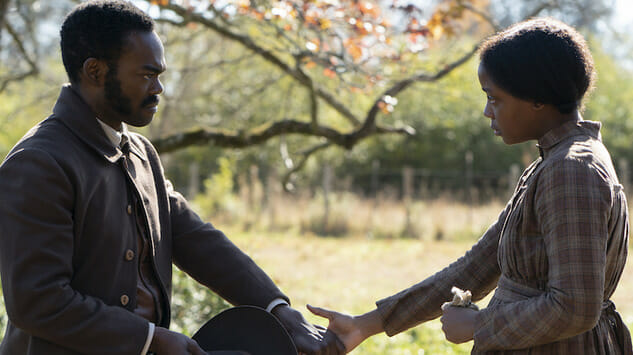
The Underground Railroad
Based on: Colson Whitehead’s novel The Underground Railroad
-

-

-

-

-

-

-

-

-

-

-

-

-

-

-

-

-

-

-

-

-

-

-

-

-

-

-

-

-

-

-

-

-

-

-

-

-

-

-

-

